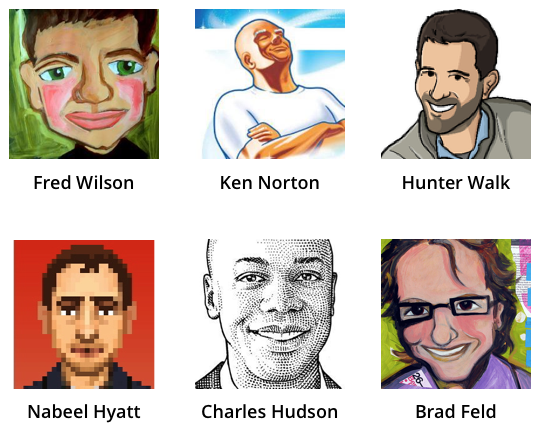
Sep 16•2 min read
Ryan Hoover: Why I Never Change My Profile Pic

This is my avatar:

I’ve used this photo on Twitter and other services for the past five years and have no intention of changing it despite my increasing age (I just turned 27).
I often see people change their profile picture on a regular basis. For those trying to build an online identity, this is a mistake. On Twitter, your @username is secondary to your profile pic. People recognize you by your avatar. Once changed, followers need to re-associate the new photo with your person. This is less important for those that have already built a strong brand and following but those just starting out will have a harder time building recognition and should maximize their opportunities.
Fred Wilson, a prominent VC at USV, wrote about profile pics and online identities in 2009.
Here is his avatar:

Fred describes, “[This photo has] become my online brand. It’s simple, small, and very recognizable. By putting it everywhere that I am online, I’ve used frequency and reach to power home that the avatar is me. It’s become my visual handle and it’s also a signature and a sign of authenticity.”
Of course, not everyone needs to cartoonify themselves, although VC’s seem to like to.

People often choose terrible profile pictures, devoid of personality or difficult to identify. Landscape photos or full body pictures translate poorly as 80x80 pixel avatars. IMHO, the more personable you are, the better.
That said, not everyone needs to use a smiling headshot against a red brick backdrop like myself. I find it interesting how people choose to portray themselves through their avatar. Some people identify themselves in unique ways.
Ivan Kirigin is a killer lioness:

Nick Chirls is a 7 (?) year-old:

Patrick Moberg is a goofy, illustrated octopus:

Buster is serious wearer of monkey hats:

What does your avatar say about you?
Original story here.
